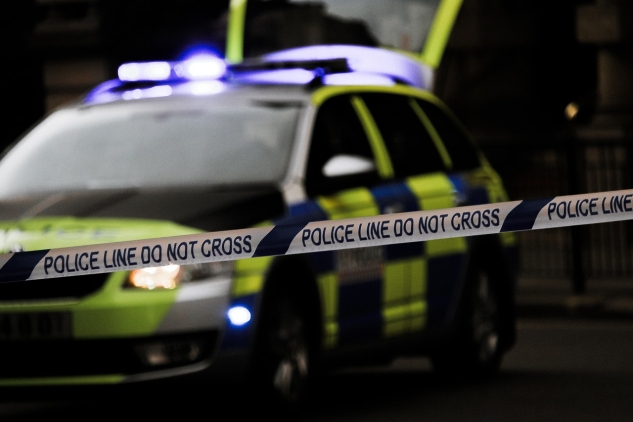
Transforming the law enforcement response to modern slavery
As part of the government’s commitment to eradicating modern slavery, in 2016 the Prime Minister commissioned an HMIC assessment of the police response to modern slavery, throwing a spotlight on law enforcement as a key agent in the fight against this pervasive and hidden crime. From organised criminal gangs to individual employers, operating in every sector of the labour market, human trafficking for labour exploitation constitutes a growing, complex and under-investigated area of crime that requires a strategic and targeted approach across the UK.
However, The Independent Anti-Slavery Commissioner, Kevin Hyland, has recently raised concerns that cases of modern slavery are not being properly recorded or investigated by police. Despite the introduction of mandatory training for new officers, levels of awareness among front line officers remain inconsistent, meaning that victims face a pot-luck when they approach the police for help. In our work with NGOs and support organisations, FLEX continues to hear accounts of trafficked persons being turned away or treated as suspects by police as they are not recognised as victims of exploitation.
As public and political attention to human trafficking and modern slavery increases, so too does pressure on frontline services to fulfil their responsibilities as first responders. Identifying potential victims and investigating cases requires specialist skills, knowledge and resources. Given the low rate of modern slavery crimes recorded in comparison to the number of victims identified across the country, there is clearly an urgent need for improved training and greater resources to ensure that all forces are equipped to identify and investigate cases.
One of the biggest challenges faced by police when identifying potential victims who are still in situations of exploitation is lack of safe housing available for victims of trafficking, meaning that many return to their exploiters as they have no alternative. Therefore, in order to improve the police response to modern slavery, the government must look at the bigger picture and urgently address the shortage of safe and secure housing for all victims of human trafficking.
In October 2016, the government announced £8.5m of funding to help law enforcement agencies tackle the crimes of modern slavery. Part of the Police Transformation Fund, this money will be used to “bring in more specialist officers, improve intelligence on traffickers and run more proactive operations that bring criminals to justice.” Welcoming the investment, the national policing lead on modern slavery, Chief Constable Shaun Sawyer, expressed the hope that it would ultimately lead to more “successful operations to tackle trafficking and exploitation of people for profit.”
It is important however that resources such as these are invested in improving outcomes for victims of crime as well as in the pursuit of their exploiters. Increased focus on investigation of trafficking cases and prosecution of perpetrators is of course central to improving the enforcement response and tackling this crime in the UK. However, a victim-centred approach must remain at the heart of the police response, emphasising and upholding the rights of victims and ensuring they are provided with support to address their immediate needs. Without adequate provision of services, support and advice that enable victims of human trafficking to escape situations of exploitation and report what has happened to them, many will continue to slip through the gaps.
